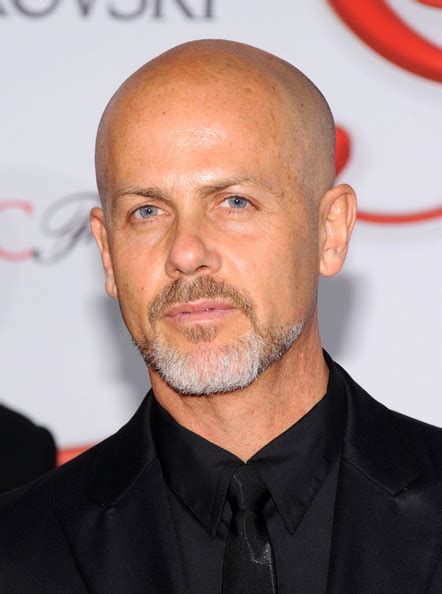A Quote by Karl Barth
Exactly halfway between exegesis and practical theology stands dogmatics.
Related Quotes
There is a notion that complete impartiality is the most fitting and indeed the normal disposition for true exegesis , because it guarantees complete absence of prejudice. For a short time, around 1910, this idea threatened to achieve almost a canonical status in Protestant theology. But now, we can quite calmly describe it as merely comical.
So Marxism, Freudianism: any one of these things I think is an irrational cult. They're theology, so they're whatever you think of theology; I don't think much of it. In fact, in my view that's exactly the right analogy: notions like Marxism and Freudianism belong to the history of organized religion.
The ultimate goal of theology isn't knowledge, but worship. If our learning and knowledge of God do not lead to the joyful praise of God, we have failed. We learn only that we might laud, which is to say that theology without doxology is idolatry. The only theology worth studying is a theology that can be sung!


































